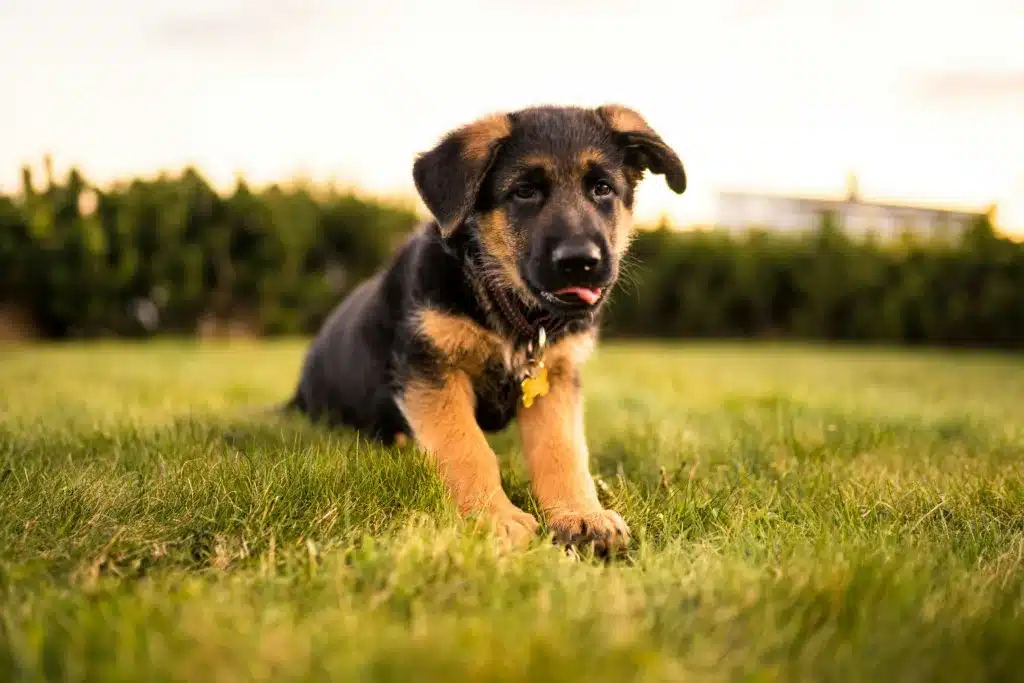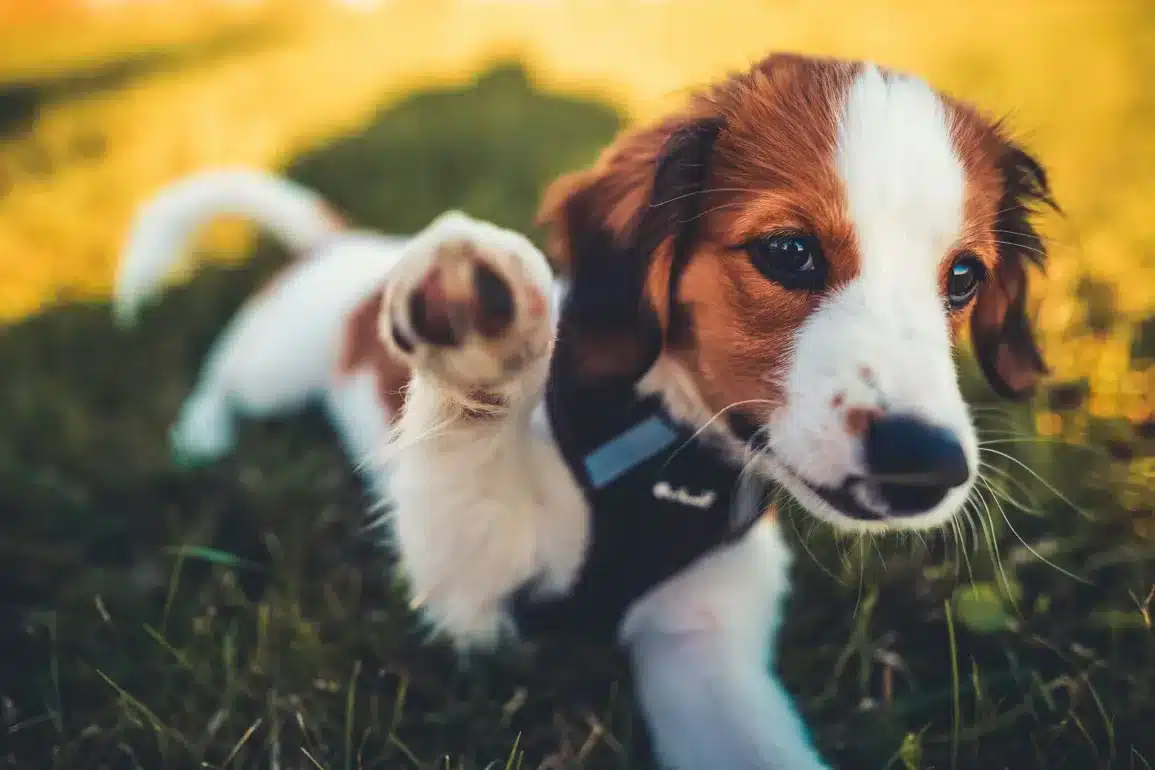There’s a reason they say bringing home a puppy is a bit like bringing home a baby, except this baby has fur, sharp teeth, and an occasional case of the zoomies at 2 a.m. For new dog parents, the excitement is real, but so are the nerves. When you adopt from a reputable place like The Pet Shoppe, you’re starting off on the right paw, but even then, you’re in for a ride that’s equal parts adorable chaos and emotional growth.
Whether it’s your first pup or your first one in a while, the emotional rollercoaster of puppy parenthood can catch anyone off guard. So, let’s unpack the feels, from the joy and wonder to the panic and poop, that come with welcoming a new furry family member.
The Puppy High: Joy, Wonder, and That “New Dog Smell”
The first day home is unforgettable. Everything they do feels like a mini miracle. They’re soft, wobbly, clumsy, and curious. They trip over their own feet and snore like a cartoon character. If you’re lucky, they imprint on you instantly, making you feel like the chosen one in a Disney movie.
This honeymoon period is powerful. It builds the emotional bond you’ll rely on when things get challenging. Research shows that pet ownership releases oxytocin, the same hormone linked to bonding in humans, which helps reduce stress and deepen attachment.
But let’s be honest: it’s not all cuddles and cuteness.
The “Oh No” Phase: Anxiety, Sleepless Nights, and Second Thoughts
Just a few days in, the magic can get interrupted by middle-of-the-night barking, accidents on your rug, or that sudden realization: “Wait… am I ready for this?”
This is completely normal. Bringing home a puppy is a major life change. Suddenly your schedule, freedom, and sanity feel a bit more fragile.
Some common early stressors:
- Sleepless nights from whining or potty breaks
- The dreaded puppy biting phase
- Regret or fear that you made a mistake
It’s important to know that many pet owners go through this dip. It’s not a sign that you’re a bad pet parent. It’s a sign that you’re adjusting.
Creating Structure: Puppies Thrive on Routine (And So Do You)
One of the best ways to get through the chaos is to create structure. Puppies are learning machines, and the earlier you establish patterns, the faster they adapt. Feeding times, potty routines, and designated nap zones are the pillars of early success.
Just as toddlers need naps and snacks to avoid meltdowns, puppies need breaks and boundaries. Give them too much freedom too soon and you’re likely to discover chewed shoes and shredded paper towels. Building structure helps calm your nerves too. It gives you the sense that yes, you’ve got this, even when the floor says otherwise.
Bonding Moments: When the Lightbulb Clicks
There’s a day, maybe the fifth, maybe the fiftieth, when something shifts. They follow your cue. They sit before you even ask. They snuggle next to you during a Netflix binge without trying to eat the remote. These moments are emotional gold. They’re the payoff for the tough nights, the extra vacuuming, and the doubt. And they tend to show up right when you need a win.
That bond between human and dog is not just cute, it’s therapeutic. According to the American Psychological Association, dogs help reduce loneliness, increase physical activity, and even improve heart health. The connection can be deeply healing.
The Training Curve: From Frustration to Progress
Let’s not sugarcoat it: training can feel like a grind. But it’s also where much of the emotional journey lies. One moment they’re chewing on your phone charger; the next, they’re sitting calmly for a treat like a seasoned pro.
The key is consistency. Positive reinforcement, patience, and short sessions work wonders. Avoid punishment or harsh corrections. It doesn’t build trust, and it won’t work long term. Instead, celebrate small wins. Did they sit when asked? That’s a win. Went potty outside two times in a row? Victory. Training reframes frustration into forward momentum.
The Unexpected: Laughing Through the Chaos
Puppies are weird. They chase their tails, bark at nothing, get zoomies in the bathtub. Sometimes they mistake a laundry basket for a toilet or try to make friends with a statue. These moments, while not ideal for your carpet, make the journey fun. They bring laughter and stories you’ll tell for years. Puppies remind us not to take life too seriously. Leaning into these silly mishaps helps you stay emotionally grounded. Yes, they’re a handful. But they’re also entertainment wrapped in fur.
Emotional Triggers: When the Puppy Mirrors You
Puppies are incredibly perceptive. They mirror your moods, absorb your tension, and reflect your energy. If you’re stressed, they tend to act out more. If you’re calm and confident, they settle in. This mirroring is both a gift and a challenge. It forces you to become more aware of your own emotions. Managing your stress helps them learn to self-soothe. It’s a reciprocal growth process. Think of it this way: raising a puppy doesn’t just shape them, it shapes you too.
The First Vet Visit: Nerves and Nurture
Nothing spikes the emotional stakes like that first vet visit. Will they be healthy? Will they cry? Will you cry? It’s okay to feel anxious. Many new owners worry about shots, costs, or the unknowns. But choosing a reputable breeder or store means your pup is already starting on solid health footing.
Bring treats, keep the vibe positive, and let your pup explore the vet’s office with curiosity. These early visits set the tone for future healthcare. And they show your pup you’ll be there for them, no matter what.

The Turning Point: When Home Feels Like Home
After a few weeks, the whirlwind starts to settle. You know their routine, and they know yours. You stop Googling “why is my puppy biting me” at 2 a.m. You start enjoying longer walks, fun training sessions, and quiet cuddles. The puppy is no longer a stranger. They’re family. And you can’t imagine life without them.
Give Yourself Grace
One of the most overlooked emotional challenges? Guilt. Many new owners feel bad when they get frustrated or need a break. But raising a puppy is hard work. You’re allowed to be tired. You’re allowed to question yourself. You’re allowed to ask for help. Remember: you’re building a lifelong friendship. It doesn’t have to be perfect. It just has to be real. And real love, slobbery kisses, chewed flip-flops, midnight snuggles and all, is exactly what your puppy came to give.


